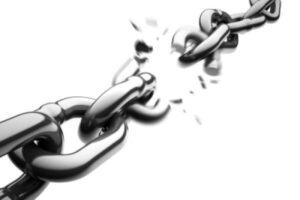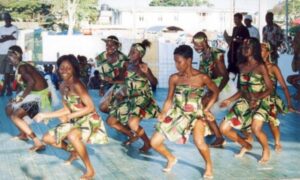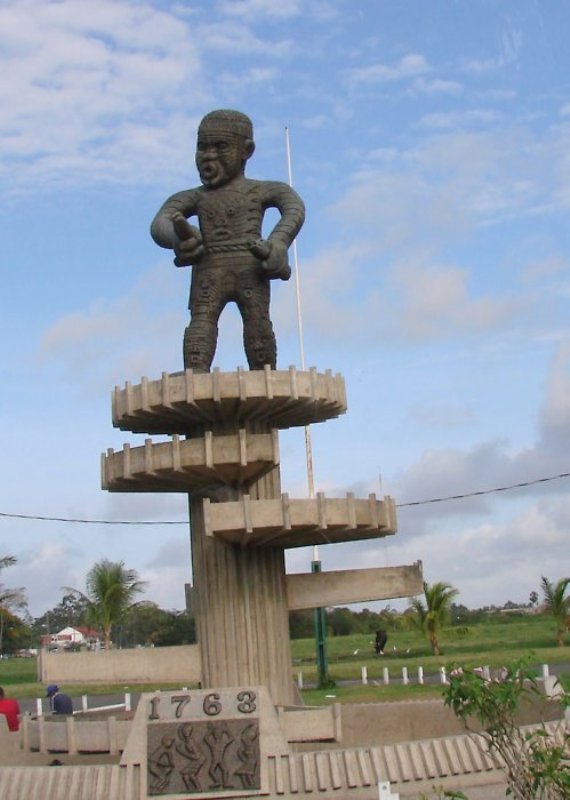The Slavery Abolition Act of 1833 ended slavery in the British Empire on August 1, 1834, and Emancipation Day, or Freedom Day, is celebrated annually on August 1 in observance of the abolition of slavery.

The end of Slavery brought about a new phase in Guyana: the establishment of villages, a struggle of the trade union movement, and the opening of the hinterland through the pork knockers. Thus, there was an opening for civil services and artesian shops. Freedom Day kicked off indentured labor, which attracted the Portuguese, Chinese, and East Indians to the country.

With the fall of slavery, there was a radical change in the colonial life. By 1838, the overall emancipation had come into action. The end of slavery had sparked several changes. Many former slaves swiftly departed the British plantation. Some of them shifted to villages and towns with a feeling that the field labor was inconsistent and degrading with freedom, whereas others accumulated their resources for purchasing the estates, which were abandoned, and helped in the creation of village societies.
The setting up of small settlements offered new communities constituting Afro-Guyanese people a chance to grow plants and sell the food themselves. Emancipation also had an effect on the start of many new ethnic groups in British Guyana. The count of Chinese people coming into the colony between 1853 and 1912 was around 14,000.
Similar to their Portuguese ancestors, the Chinese forsook plantations for retail trades and quickly assimilated into the Guyanese communities. Such was the effect of the Declaration of Emancipation or “freedom.”
Guyana Emancipation Day Traditions and Activities
Freedom Day is marked as an important day, not only in the Guyanese calendar but also globally. What was established as a trading link or an open-door policy in Guyana in the 1830s has now taken on a global outlook.
Of the various positive effects of the announcement of emancipation, one was that it brought a significant end to slavery. It also boosted the liberalization of trade. Today, Freedom Day is celebrated in varied forms and flavors. It is no longer confined to the freedom of slavery but now has widespread wings in almost every sphere of work. Freedom Day has a different meaning to every sphere, from the press to software to economic activities. For instance, a separate software, Freedom Day, is celebrated worldwide on September 27.
Similarly, World Press Freedom Day also exists, which is celebrated on May 3. Therefore, Freedom Day celebrations vary from sector to sector. In Guyana, August 1 is still celebrated as Emancipation (Freedom) Day and is observed as a public holiday. There is no overwhelming celebration on this date, but it has significance and value for the Guyanese people…..and the world.







Happy Emancipation Day to
Happy Emancipation Day to all.
http://www.youtube.com/watch?v=wi0Zmes7woA